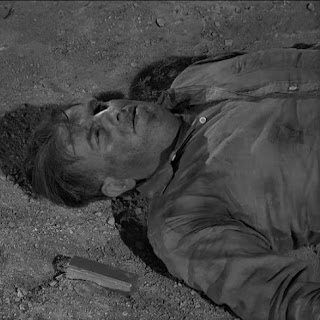 (Originally published on 7/11/11)
(Originally published on 7/11/11)I absolutely loved Friday’s special, which featured square slices of pizza with a very unique consistency. It’s kind of hard to describe all these years later, but I think a "soggy kind of savory" would do this pizza justice. Granted, I was a teenager with teenager taste buds. And no, I’m not quite certain my adult palate would so warmly embrace this pizza’s curious gooeyness, but memories of simpler times, I've found, are rarely simple.
Ah, but leave it to a fine Catholic institution of learning to cast a smothering pall over its five-star culinary hub, which is what the powers-that-were did—and with a pedestrian sponge no less. Yes, a sponge—a sopping, soiled, and bacteria-laden one. In the waning moments of the school’s three lunch periods, a sorry lot of students were assigned either sponge duty or the picking up of garbage from the cafeteria tables and off the cafeteria floor. Student councilors—seniors—would randomly select who would have to perform these messy tasks. On occasion, a general announcement might be made that any boys with red on their ties or girls with blonde hair—or some such things—would have to clean up the spilled milk and splattered mustard with the dirty sponges supplied them after everybody else was sent on his or her merry way.
We were not furnished rubber gloves for this task. Nor did we have time to wash our hands before returning to our next classes. In fact, some of us didn’t even have the time to make it to the next class before the buzzer’s knell. And a few less than sympathetic teachers—the ones who no doubt hated kids and should have been in another profession—would send us to the dean’s office, where we’d be given detention for being thirty seconds, or a minute, late because we were involuntarily cleaning messes off dirty lunch tables with grimy sponges or collecting refuse off tables and the floor.
I’ve since learned that sponge duty is a relic of the past at my alma mater. Evidently, the more informed age in which we live puts a premium on both clean hands and clean thoughts—and it has cast asunder a vaunted tradition. And while I’m philosophically opposed to the nanny state of affairs, I’m not shedding any tears that the nasty sponge, and all that it wrought, has been retired for all time at my old high school. In fact, I hope one has been bronzed and is on display in the school's Cardinal's Room, which celebrates the life and times of the less than savory man for whom the school is named.








